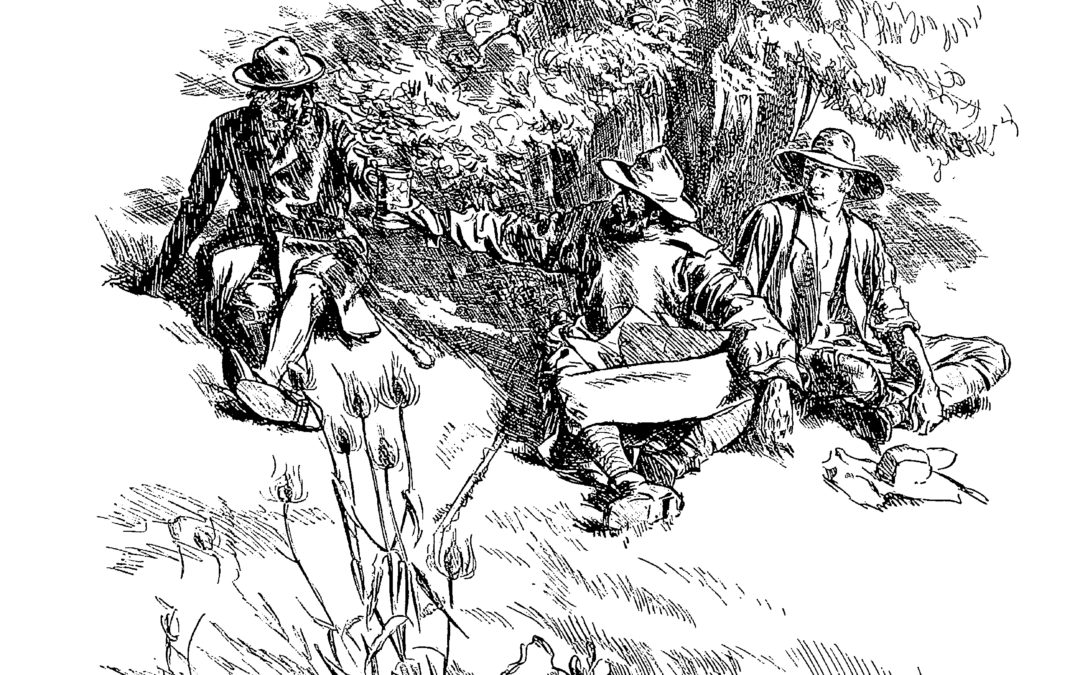 Hawthorne’s The Blithedale Romance is the story of Blithedale. On this communal farm, Mile Coverdale and Charles Hollingsworth vie for Priscilla’s affection, an ethereal waif as she seems to float rather than walk on the ground. One of Frederick...
Hawthorne’s The Blithedale Romance is the story of Blithedale. On this communal farm, Mile Coverdale and Charles Hollingsworth vie for Priscilla’s affection, an ethereal waif as she seems to float rather than walk on the ground. One of Frederick...
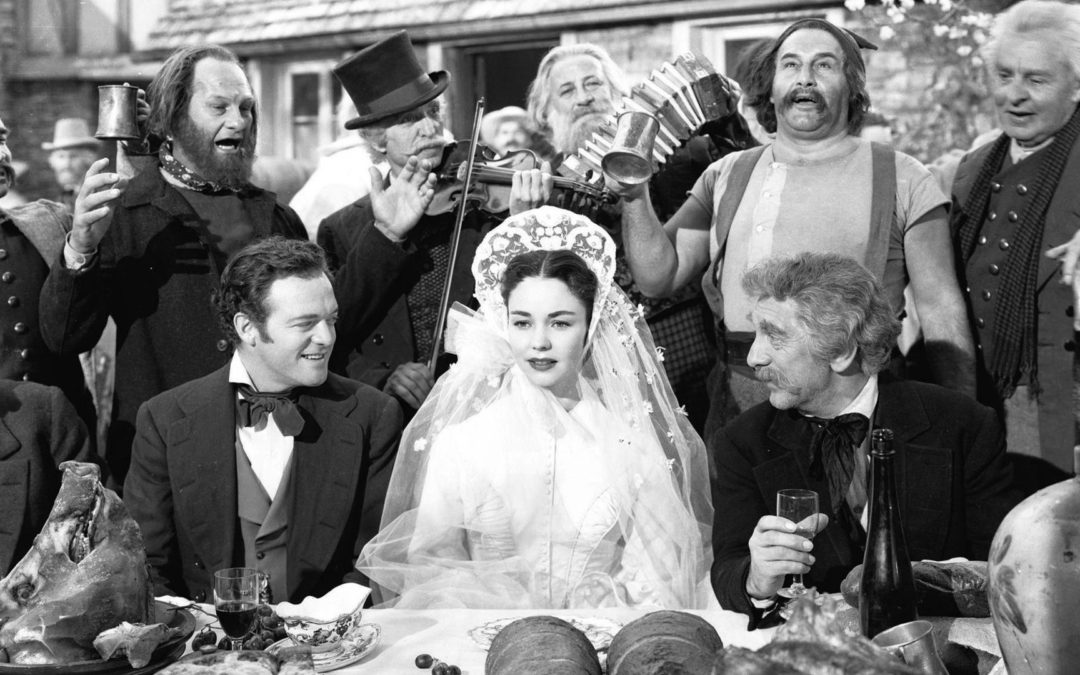 Flaubert’s Madame Bovary is attack on the French bourgeoisie’s crudities and lack of taste. A pivotal moment occurs at Emma Rouault’s wedding party, a vaguely picnicky outdoor event. The party foreshadows Emma’s disastrous relationship with...
Flaubert’s Madame Bovary is attack on the French bourgeoisie’s crudities and lack of taste. A pivotal moment occurs at Emma Rouault’s wedding party, a vaguely picnicky outdoor event. The party foreshadows Emma’s disastrous relationship with...
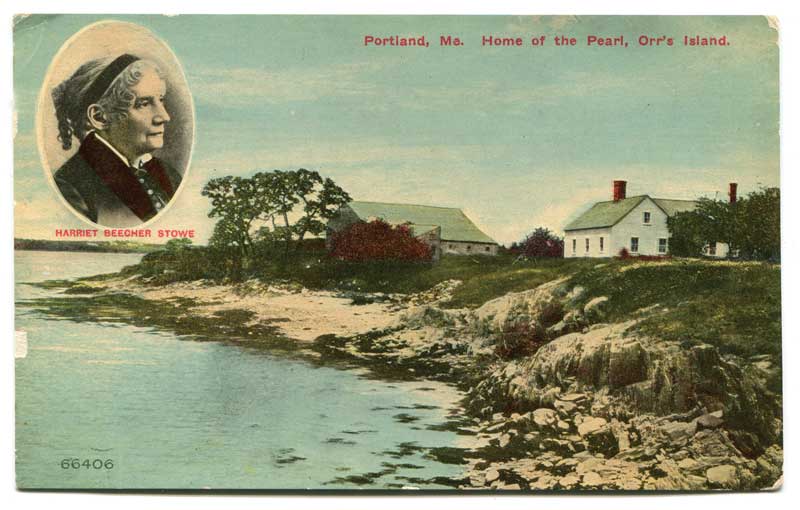 Stowe’s The Pearl of Orr’s Island was published ten years after Uncle Tom’s Cabin (1852) is a story of the people who speak in the vernacular of Maine, on the road to the Kennebec, below the town of Bath. Its basis is Shakespeare’s The Tempest,...
Stowe’s The Pearl of Orr’s Island was published ten years after Uncle Tom’s Cabin (1852) is a story of the people who speak in the vernacular of Maine, on the road to the Kennebec, below the town of Bath. Its basis is Shakespeare’s The Tempest,...
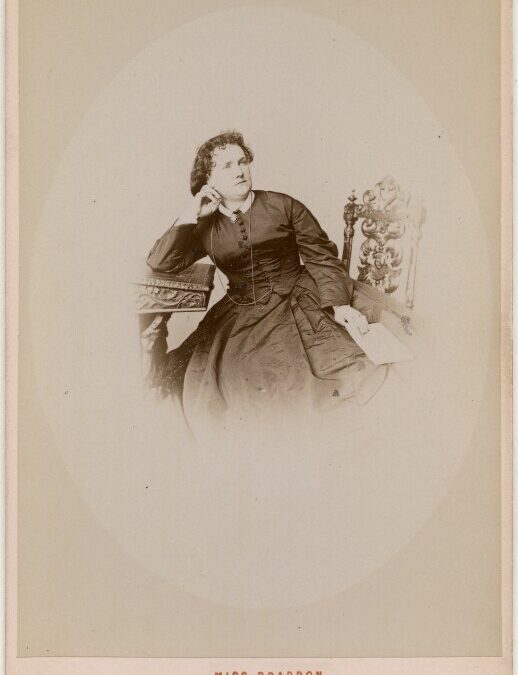 The Doctor’s Wife is Braddon’s free adaptation of Flaubert’s Madame Bovary. Like Emma Bovary, Isabel Gilbert, the doctor’s unhappy wife, looks for romance. Unlike Emma, Isabel is never sexually seduced. She’s sullied but never ruined. There are...
The Doctor’s Wife is Braddon’s free adaptation of Flaubert’s Madame Bovary. Like Emma Bovary, Isabel Gilbert, the doctor’s unhappy wife, looks for romance. Unlike Emma, Isabel is never sexually seduced. She’s sullied but never ruined. There are...
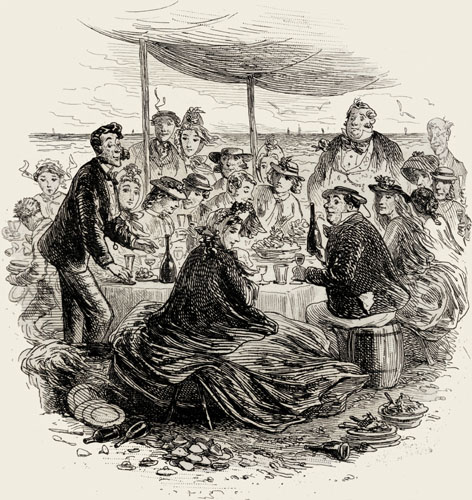 Trollope’s beach picnic in Can You Forgive Her (1864) is highlighted with a stern warning: “Yarmouth is not a happy place for a picnic. A picnic should be held among green things. Green turf is absolutely essential. There should be, if possible, rocks, old...
Trollope’s beach picnic in Can You Forgive Her (1864) is highlighted with a stern warning: “Yarmouth is not a happy place for a picnic. A picnic should be held among green things. Green turf is absolutely essential. There should be, if possible, rocks, old...
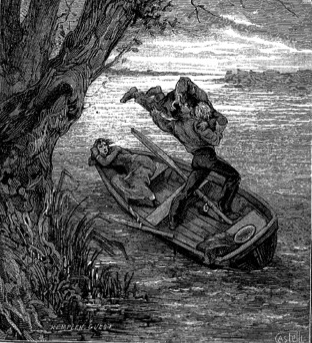 Thérèse Raquin and her lover Laurent Le Claire murder her husband Camille at a picnic. It’s a pivotal episode, proving Zola’s contention that people acting out the “fatalities of their flesh” become brutes humaines. Everything about this picnic...
Thérèse Raquin and her lover Laurent Le Claire murder her husband Camille at a picnic. It’s a pivotal episode, proving Zola’s contention that people acting out the “fatalities of their flesh” become brutes humaines. Everything about this picnic...
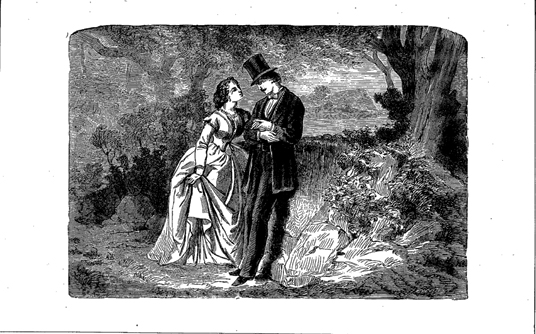 Zola’s Madeleine Férat is dedicated to Édouard Manet. Defying the critical mainstream, Zola accepted Manet’s visual realism and his frank sensualism of Le déjeuner sur l’herbe and Olympia, which Zola defended against adverse criticism. Zola’s...
Zola’s Madeleine Férat is dedicated to Édouard Manet. Defying the critical mainstream, Zola accepted Manet’s visual realism and his frank sensualism of Le déjeuner sur l’herbe and Olympia, which Zola defended against adverse criticism. Zola’s...
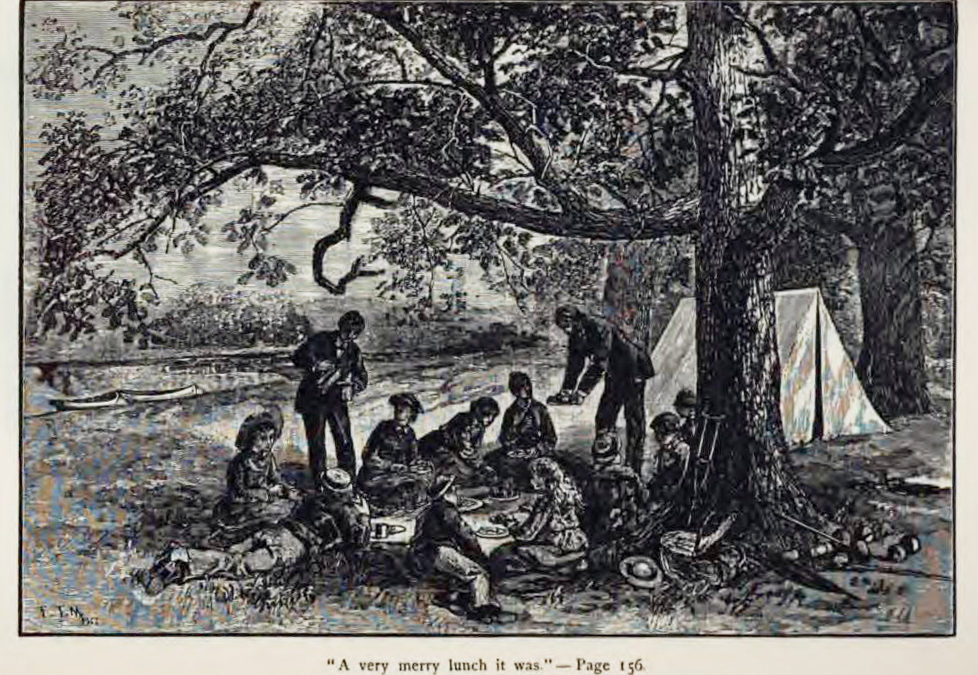 “Sunshine and laughter are good omens for a pleasure party,” Alcott writes in Little Women. And when Laurie writes to Jo to explain his intentions, he promises sunshine and laughter. Dear Jo, What ho! Some English girls and boys are coming to see me...
“Sunshine and laughter are good omens for a pleasure party,” Alcott writes in Little Women. And when Laurie writes to Jo to explain his intentions, he promises sunshine and laughter. Dear Jo, What ho! Some English girls and boys are coming to see me...
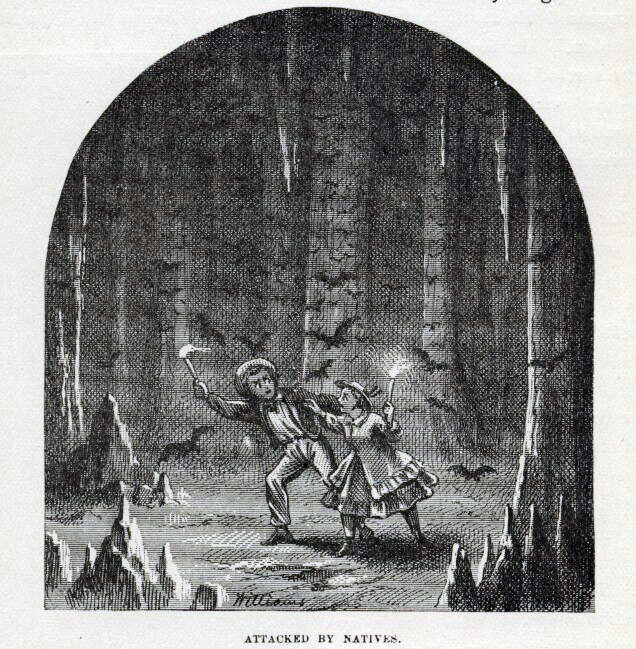 Becky Sharp’s “pic-nic” begins with “a giddy and rollicking company” on an island in the Mississippi. After traveling by old ferryboat three miles below the town of Hannibal, the picnickers “swarmed ashore and soon the forest distances and craggy heights echoed...
Becky Sharp’s “pic-nic” begins with “a giddy and rollicking company” on an island in the Mississippi. After traveling by old ferryboat three miles below the town of Hannibal, the picnickers “swarmed ashore and soon the forest distances and craggy heights echoed...
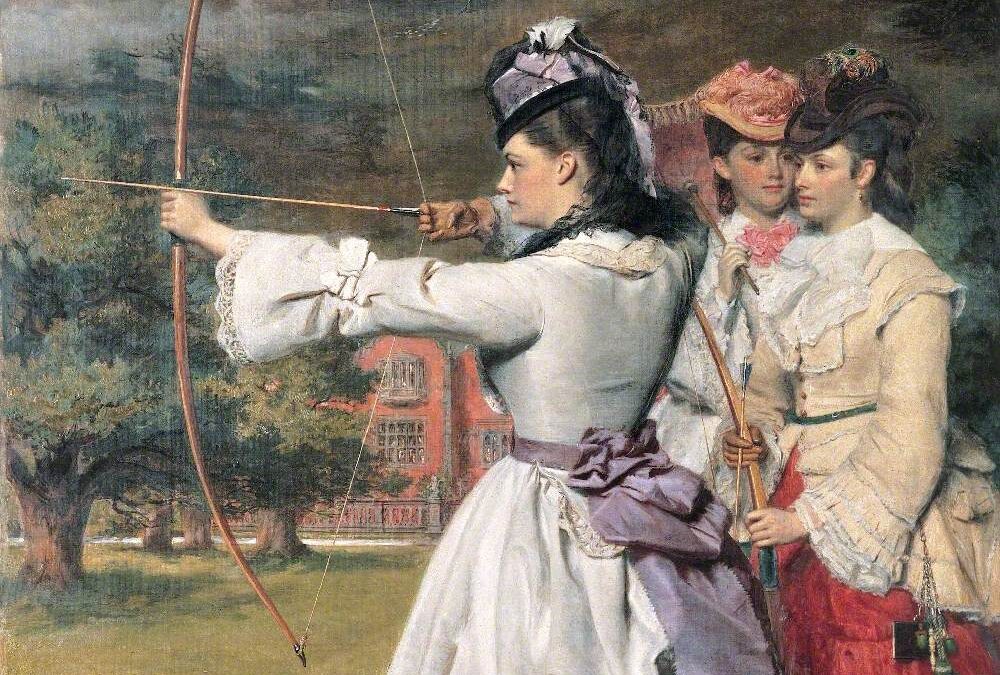 Eliot uses sport to illustrate gender relationships. Daniel Deronda has two archery picnics that do not meet the usual expectations of being joyous. Both archery picnics are metaphors in which Gwendolyn Harleth and the other women archers are contrasted to the goddess...
Eliot uses sport to illustrate gender relationships. Daniel Deronda has two archery picnics that do not meet the usual expectations of being joyous. Both archery picnics are metaphors in which Gwendolyn Harleth and the other women archers are contrasted to the goddess...











